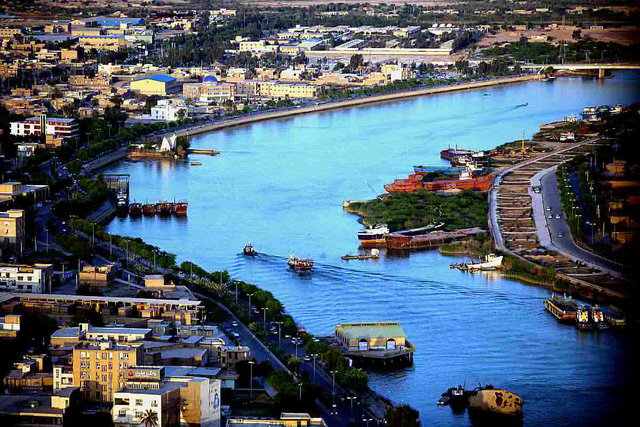Arvand Free Zone to turn into medical and marine tourism hub

TEHRAN-- Head of the Tourism Commission of the Iranian Chamber of Commerce and Industry Mostafa Mousavi considered the main priority of this commission to be strengthening the role of the private sector in policy-making and sustainable development of tourism, and announced extensive plans to transform the Arvand Free Zone into a hub for health, marine, and commercial tourism in the southern Persian Gulf.
He told ISNA: “Our priority is to improve the role of the private sector in tourism policy-making based on the Seventh National Development Plan. In fact, we seek to create a sustainable tourism ecosystem which boosts the local economy, employment, and sustainable income and puts Iran on the regional and international tourism map.”
Arvand Free Zone boasts historical, cultural, commercial and border capacities which can turn into a health, marine, and regional tourism hub, he said.
“Our program is implemented in three infrastructural, product, regional and international levels.”
“The health tourism can attract foreign patients from Iraq and Kuwait. Based on the statistics, annually over two million foreign patients come Iran for medical treatment.” This will generate jobs and sustainable income for the region, he added.
“We can define joint projects with Basra and Kuwait to turn Arvand into South of Persian Gulf tourism axis including medical, commercial and cultural tours which will brings huge economic benefits for the region.”
Promoting tourism in less-developed regions, will distribute economic opportunities and reduce migration to the metropolises, he said. Every unit of investment in rural tourism or eco-tourism can generate more jobs than similar sectors and boost local economy, he added.
He continued that the plan to establish a network of cooperation in free tourism zones between Arvand, Kish, Qeshm and other regions is being pursued.
At the foreign level, negotiations have begun with the Chambers of Commerce of Iraq and Kuwait for combined health and business tours, marine and cultural tourism, he said. These cooperations will lead to economic prosperity, job creation, and the promotion of cultural and trade diplomacy, and create new investment opportunities, he added.
Mousavi pointed out that technology is the backbone of modern tourism, and the three main areas include digital marketing for targeted presence in domestic and foreign markets, smart platforms for booking and selling tourism services, and tourism data analysis and capacity management.
“Our goal is to create smart and digital tourism in Iran to improve both the tourist experience and productivity.”
“The key indicators in this area include increasing the share of tourism in GDP and attracting new capital must definitely happen. On the other hand, it is necessary that the improvement in employment and income indicators in less-privileged areas is evident. Meanwhile, improving Iran's position in the regional and international tourism market can be recognized as an important achievement in this area.”
If these indicators are achieved and private activists feel their voices have been heard, it can be said that the commission has fulfilled its mission correctly and the path to sustainable development of Iranian tourism has been paved, he concluded.
KD
Leave a Comment